Beyond the quake: a deep dive into Turkey’s earthquake recovery efforts
The tremors of the 2023 Turkish earthquake still resonate in the hearts of those who lived through its devastation.

In the early hours of 6 February 2023, central Turkey was struck by two powerful earthquakes, registering magnitudes of 7.8 and 7.5, profoundly shaking the nation’s core.
As the ground shook and buildings crumbled, communities were left struggling with the aftermath from one of the country’s most severe natural disasters.
"This government has already failed," remarks Seyhun Buyukokutan, a 40-year-old resident in Istanbul. Echoing a sentiment that seems to be the general consensus over the country’s recovery.
According to Action Aid, the disaster killed more than 55,000 people and damaged around 54,000 buildings, including schools and hospitals.
As the scale of the tragedy unfolds, the inadequacies of the government's response become increasingly apparent, leaving communities to grapple with the aftermath with little support or direction one year on.
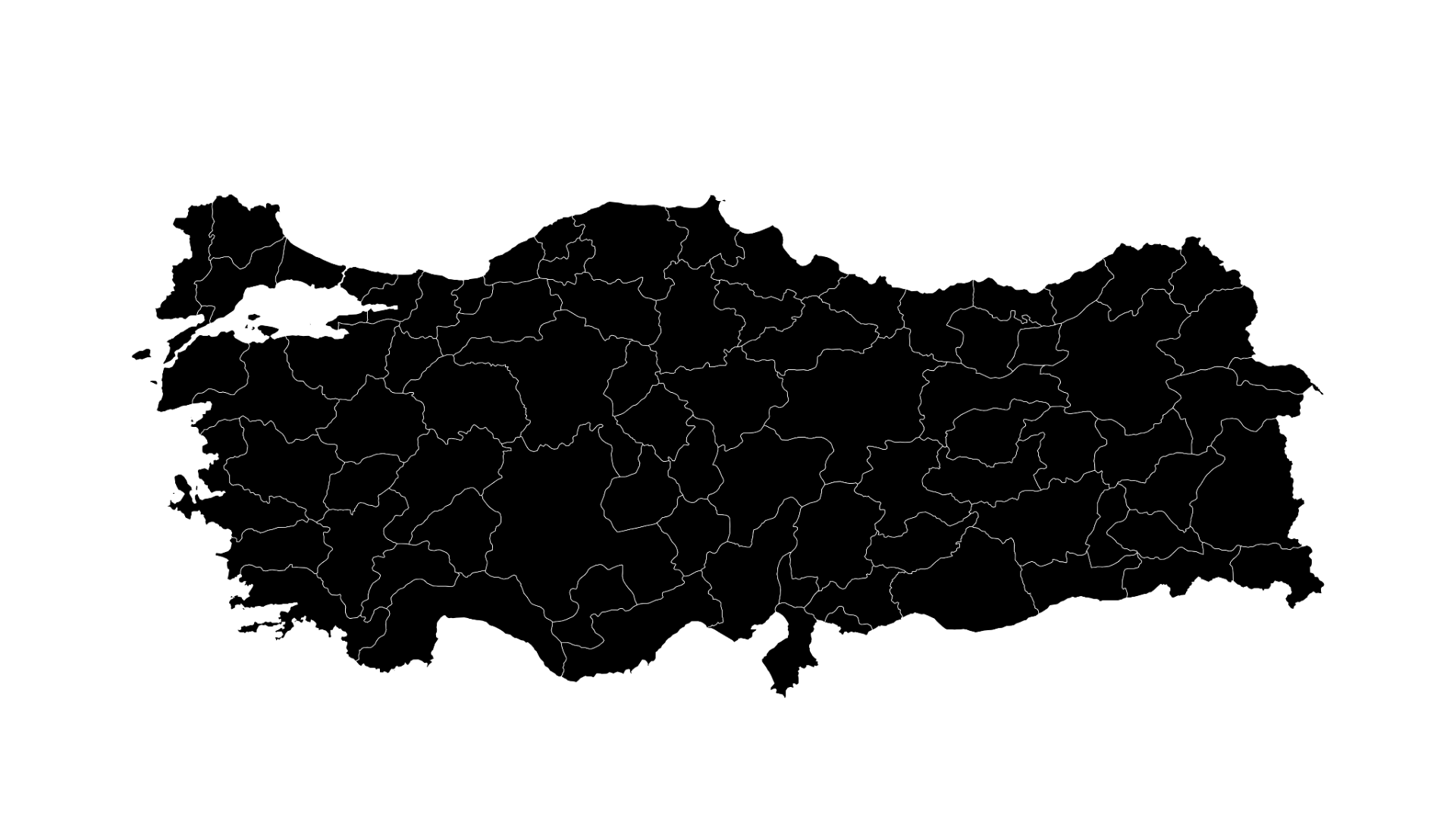
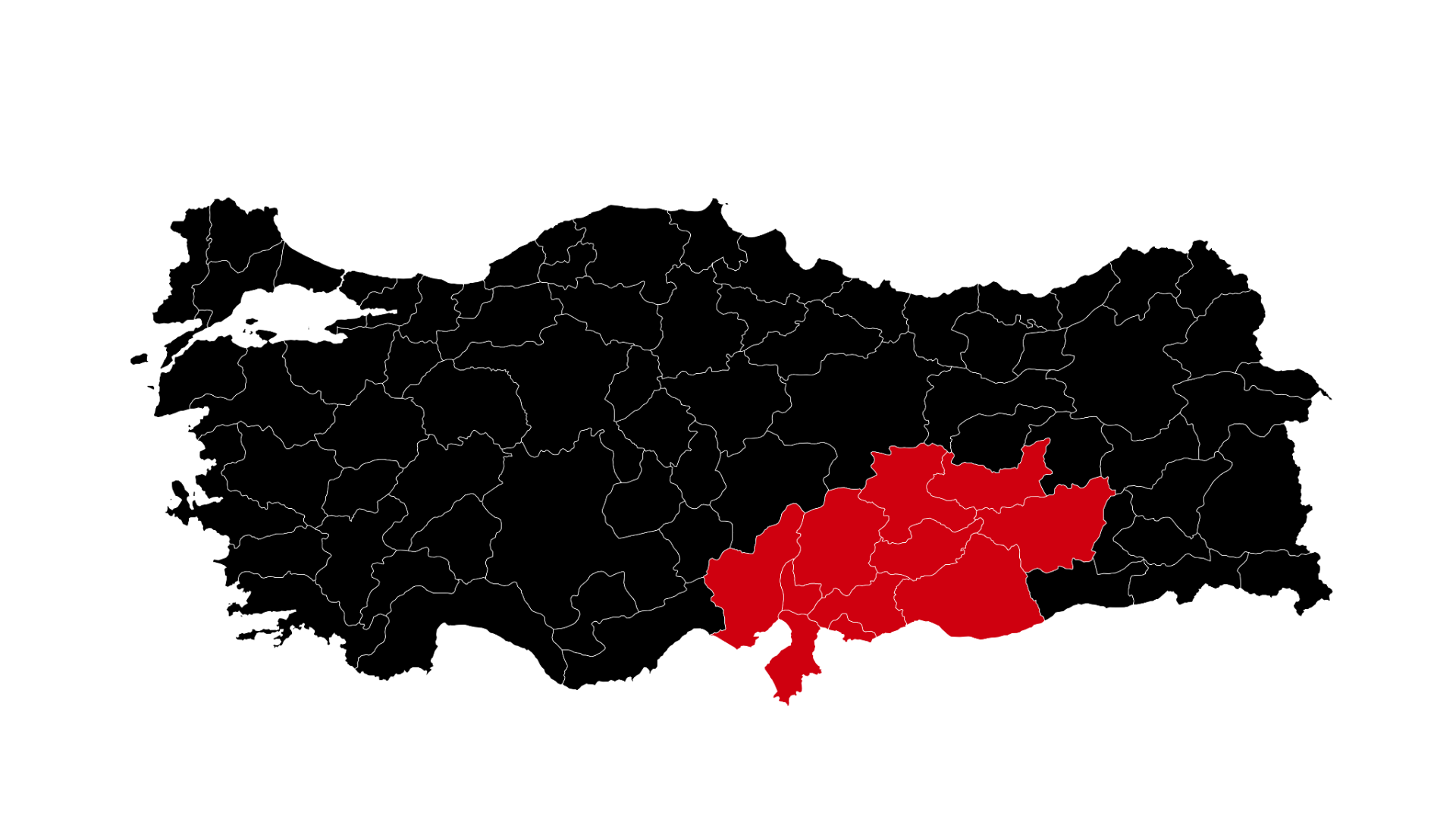
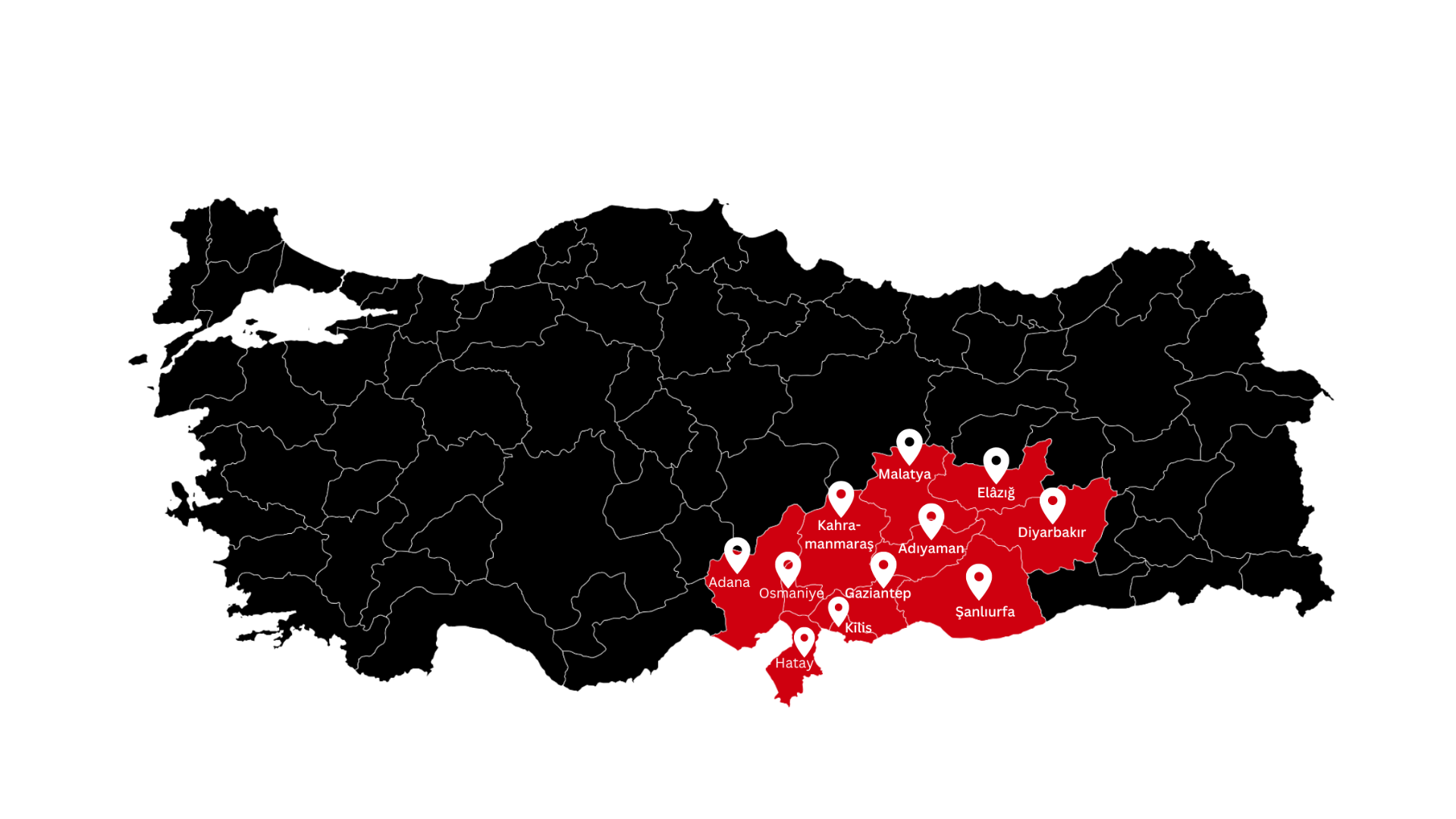
A lack of preparation
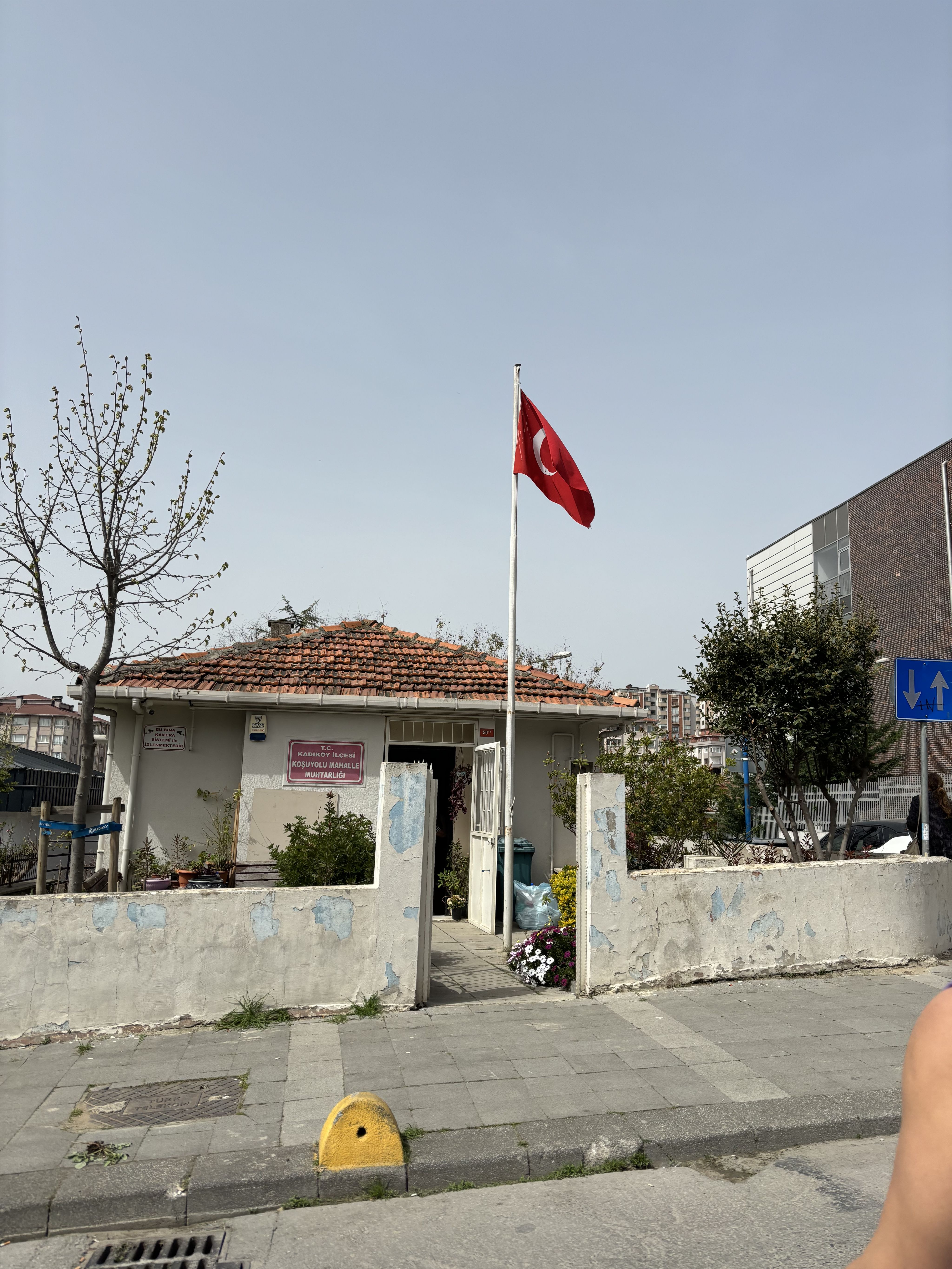
Eylem Bilir, the local councillor for Kosuyolu in Istanbul who was elected in 2019, vividly recounts the chaos that erupted following the earthquake.
"During the recent earthquake, we all witnessed how the government was unable to reach all the affected areas," says Bilir.
"Big cities, like Istanbul, tried to gather resources and send them to Maras and other impacted places, but they were all wasted because they couldn't get there due to a lack of structure and order."
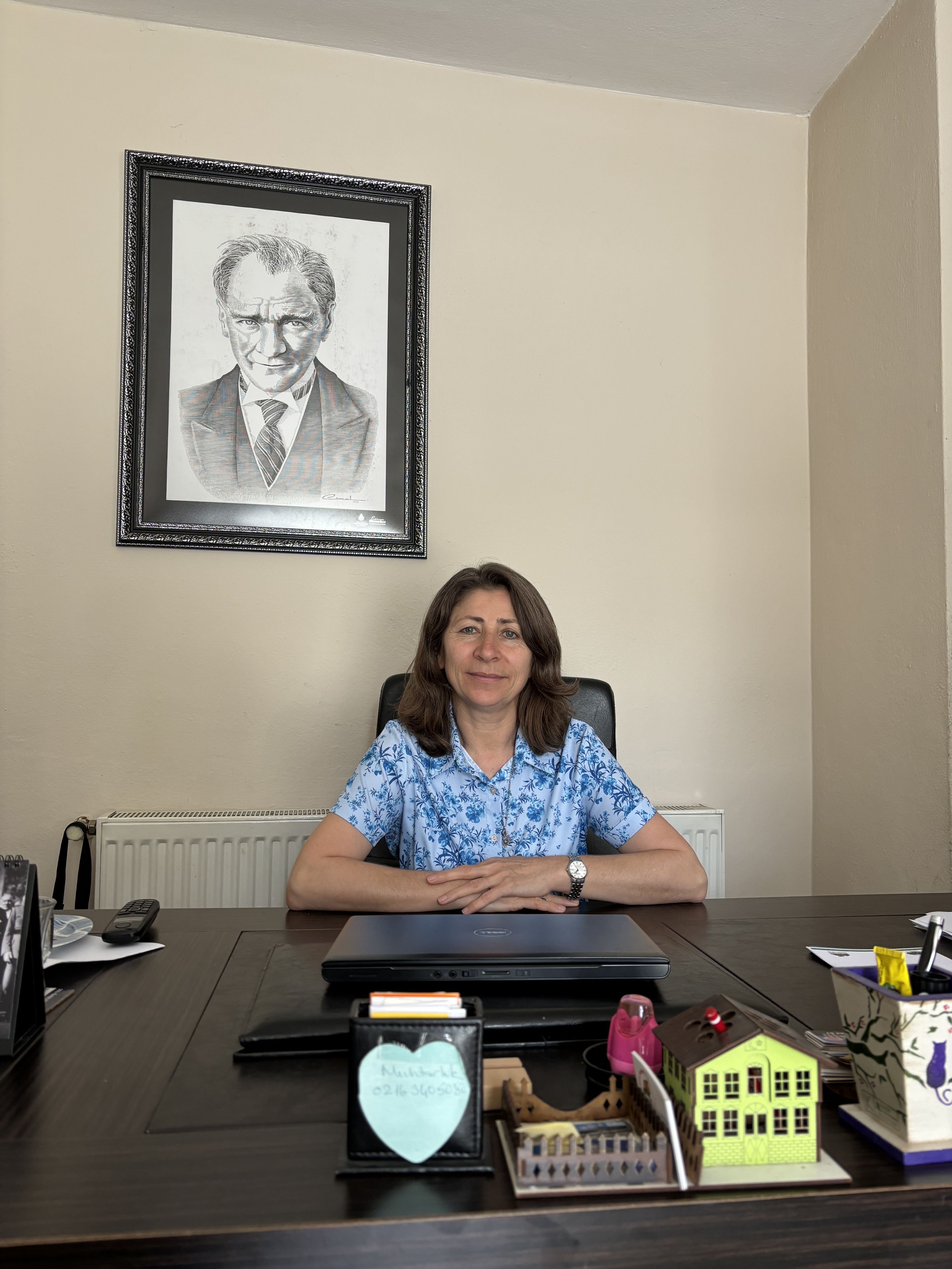
“Council states and other government organisations were and continue to be unprepared.”
- Eylem Bilir
According to Bilir the government was not prepared for the earthquake. “We have yet to see any results of their actions.”
Ersoy Ugur, the local councillor for Acibadem in Istanbul since 1994, highlights the crucial importance of community communication.
“The government’s financial resources are not sufficient to renovate the buildings. Our research shows that international aid alone would not be sufficient to rebuild Istanbul, in the event of a major earthquake.
“Unfortunately, we're still figuring things out and so we realise our buildings aren’t strong enough to survive an earthquake.”
Bilir says the building’s infrastructure in Istanbul is around 40 to 50 years old, emphasising its weak condition. "We are expecting a big earthquake in Istanbul, and we anticipate being affected very badly."
Addressing efforts for the Maras earthquake, Ugur reveals they work closely with all local councils to educate the community.
“As a neighbourhood, we collect all these donations like blankets, duvet, food, clothes and funds and dispatch them to affected areas, loading trucks to their capacity.
“If an earthquake happened in a nearby city, we would arrange for locals who wished to volunteer to go to that location.”
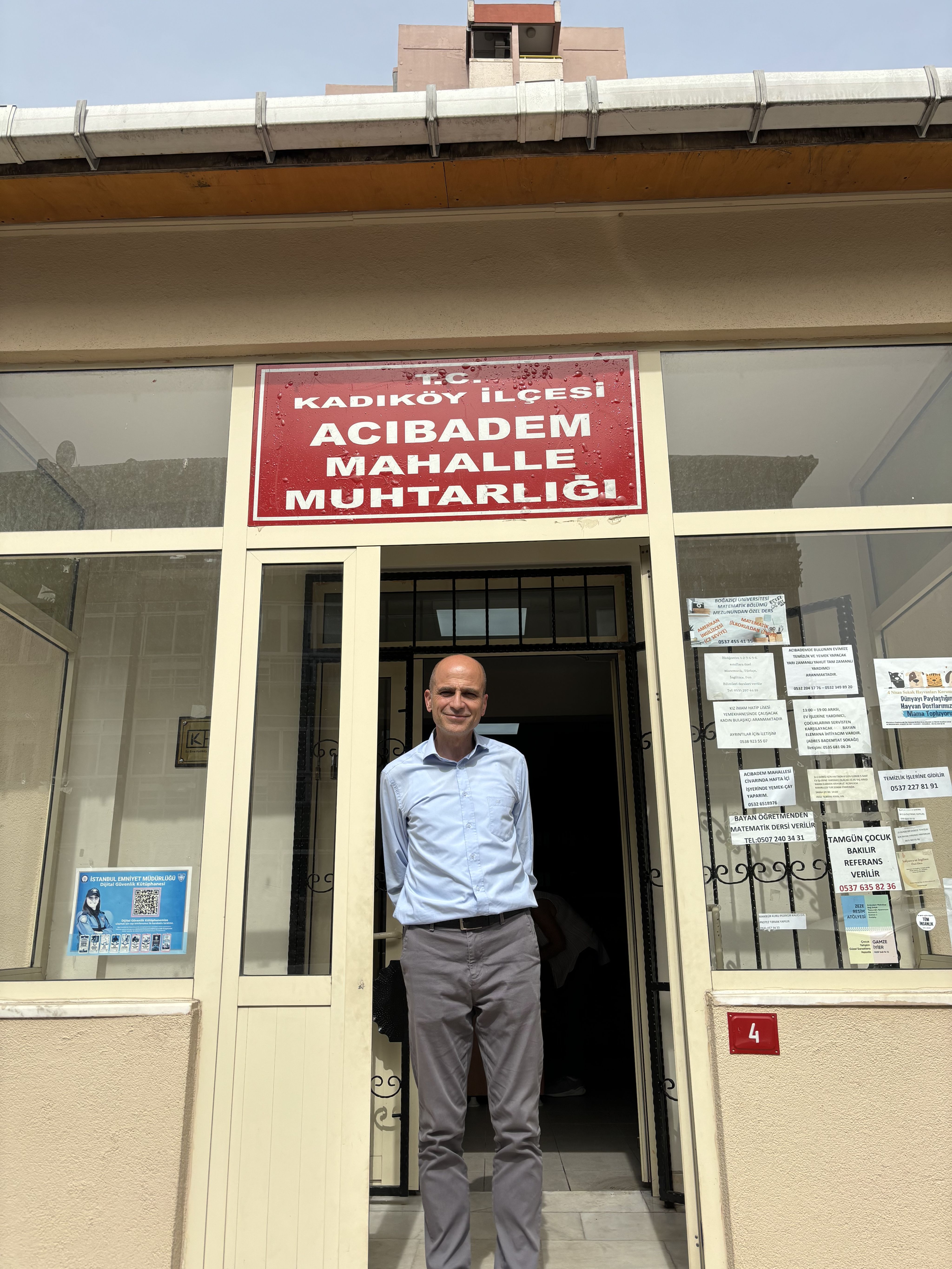
The power of volunteers
Volunteer organisations such as Arama Kurtarma Derneni (AKUT), a non-governmental organisation dedicated to assisting in Turkish tragedies, and Parliamentary Voluntary Women’s Branches, a charitable organisation consisting of volunteers ranging in age from 18 to 90, swiftly sprang into action in the wake of the earthquake.
Saniye Doymaz, aged 75 and a member of the Parliamentary Voluntary Women’s Branches, reminisces about the overwhelming support offered by volunteers. "The government was incompetent," she says.
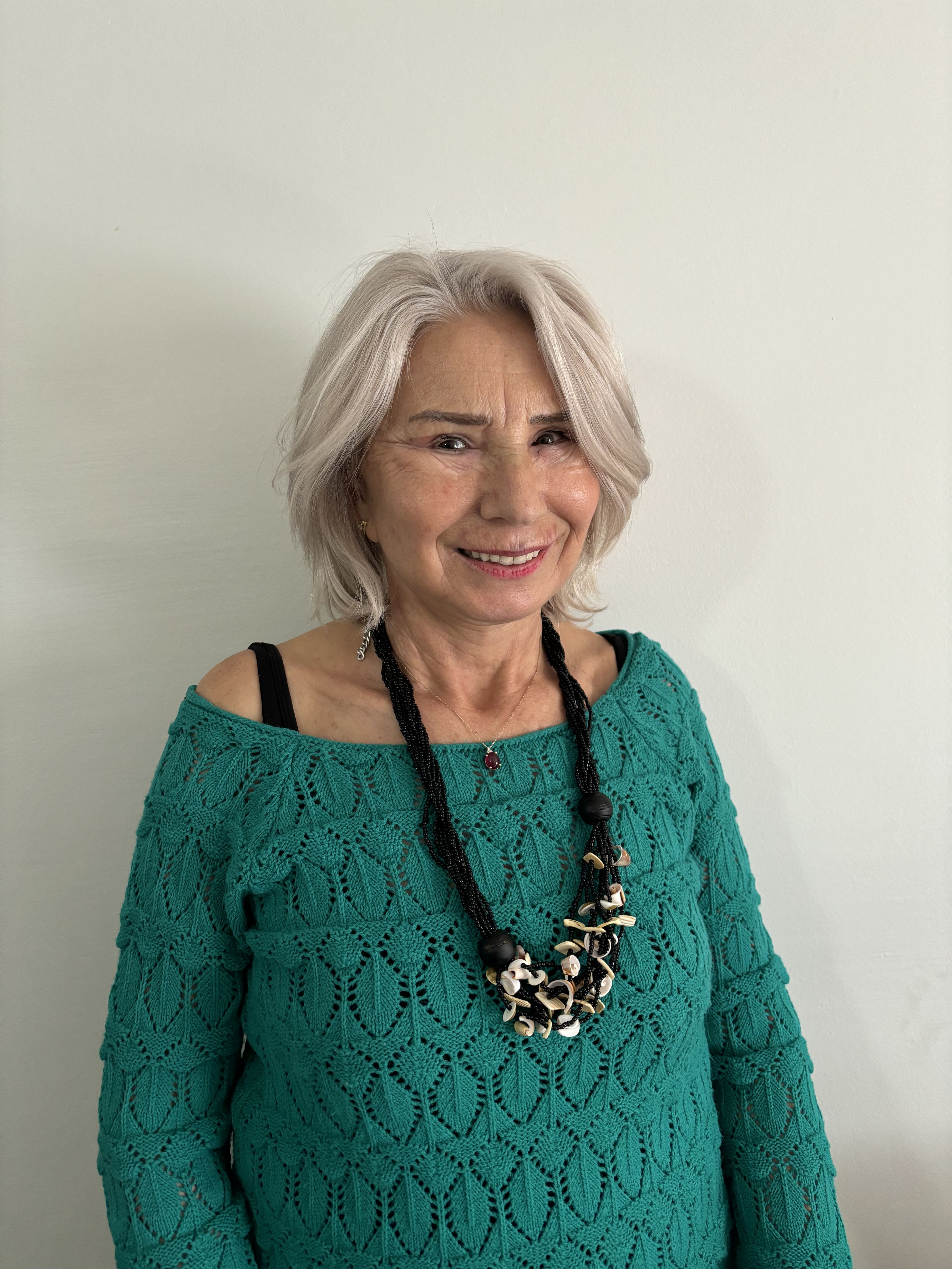
"There was more help from volunteers like us."
- Saniye Doymaz
“We help families who need food and clothes, gathering necessitates and transporting them through large trucks to the affected areas”, Doymaz explains.
Their relentless efforts provided essential aid to families in need, demonstrating the strength of community unity during challenging times.
Reflecting on the emotional toll of the earthquakes, she tearfully admits being deeply sad. "I can’t describe my feelings, it was so hard. We couldn’t shake it off.”
Ugur contemplated the challenges experienced by those affected. He explains they are trying to be help financially and emotionally.
"But it’s very difficult to ease their pain. It’s impossible to help them emotionally because they’ve lost everything.
"I will never forget this one particular parent who lost all three daughters in the earthquake. The pain they experienced is unforgettable; there are many painful stories like this one.”

Emergency protocols
In anticipation of such crises, local councils have collaborated to produce informative leaflets. Bilir emphasises the significance of proactive preparation for the first 72 hours by elaborating the importance of community cohesion.
"We aim to create a neighbourhood who knows each other.
"Studies show that the first 72 hours of local help saves more lives than the total organised help gathered and saved later.”
First 72 Hours of Disaster leaflet
Bilir highlights the importance of the initial 72-hour window, explaining that it is titled 'First 72 Hours of Disaster' because local authorities may face challenges in reaching individuals during this timeframe.
Underlining the significance of community support, she stresses the need to establish connections with neighbours, as they frequently serve as the primary responders in times of crisis.
"Before an earthquake strikes, knowing the layout of your neighbours’ home is crucial. Instead of digging in the kitchen, focus efforts on areas like bedrooms or living rooms to expedite rescue efforts and avoid wasting precious time.
“Don’t expect any help from local authorities, help yourself and your surroundings.”
- Eylem Bilir
Geological realities
Ozgur Yilmaz, an associate professor at Zonguldak Bülent Ecevit University with expertise in mining engineering, provides insight into Turkey's vulnerability to frequent earthquakes.
"The main reason why there are so many earthquakes in Turkey is that it’s located on a geological young tectonic plate. This plate is constantly being compressed due to the movements of the Asian and African continents. Therefore, the faults that cross the country are in constant motion."
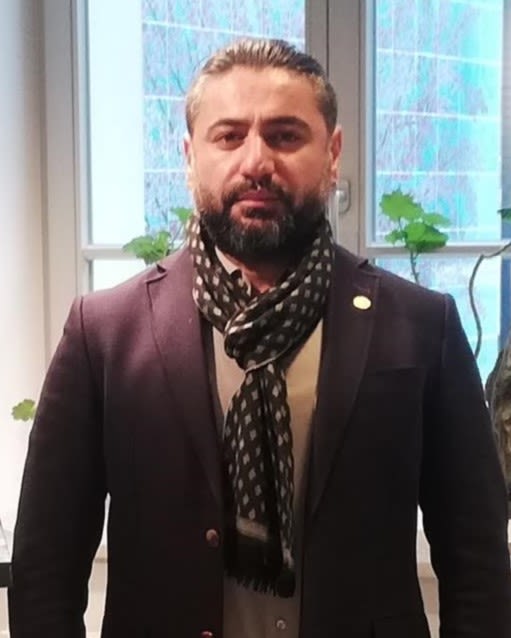
“As a result, the earthquakes will continue for millions of years.”
- Ozgur Yilmaz
Yilmaz observes that the recent Maras earthquakes were “quite large and devastating". These seismic events simultaneously impacted ten provinces, causing harm to millions of people. "The loss of life," he says, "psychologically affected Turkey's people negatively."
Critiquing the government's response, Yilmaz notes a lack of promptness and organisational inadequacies in dealing with emergencies.
“When there was an earthquake, they could not show the necessary sensitivity and quickness.”

Embracing tomorrow and moving forward
While the tremors of the earthquake may have subsided, the echoes of its impact continue to rumble. Buyukokutan, recalls the moment he first learned of the earthquake's devastation.
"The news flow from the earthquake zone was very weak at the time, so I didn't realize that thousands of people had passed away. The footage from the earthquake zone was very shocking, leaving not only myself but citizens and the international community in disbelief. The mood was very depressing."
Condemning the government's response, Buyukokutan expresses anger, labelling the initial reaction as a "total failure."
"In the first three days, more lives could have been saved, but they failed to take effective action."
Looking towards the future, he acknowledges a lack of optimism due to the challenges of earthquake preparation amidst economic constraints.
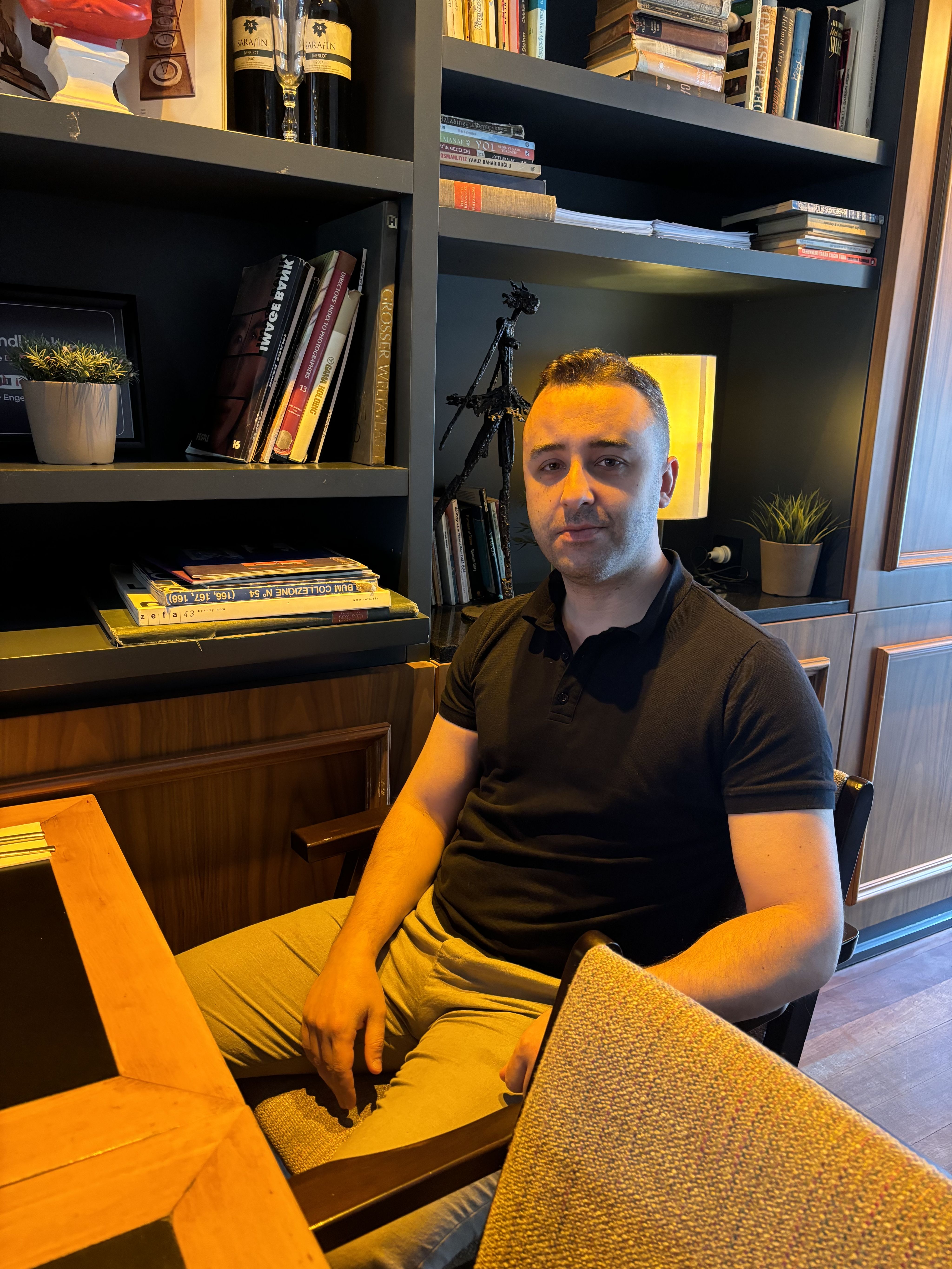
"This government has already failed.”
- Seyhun Buyukokutan
Buyukokutan suggests that natural disasters pose the most significant threat to Turkey. He proposes the necessity of establishing new polices, upgrading infrastructure and educating the population.
“Maybe in five to ten years we can recover our losses, but it will take a lot of sacrifices economically.”

The aftermath of the 2023 Turkish earthquake has left severe scars, but amongst the destruction, the resilience and determination of its people soar.
As they rebuild shattered lives and infrastructure, the nation's seismic vulnerabilities serve as an urgent reminder of the need to prepare proactive measures.
Through council initiatives, volunteer efforts, and a dedication to collective action, hope emerges amidst the chaos.
However, challenges lie ahead, and the road to recovery will undoubtedly be long and relentless. Yet, as the wounds of the earthquake fade, Turkey’s strong spirit shines brightly among the ruins.
With a renewed dedication to developing stronger communities and implementing effective policies, the nation stands strong to face future disasters with greater strength and power than ever before.
Audio Feature Version
Audio Feature Version
